Comparing cognitive impairment using MACFIMS in patients with multiple sclerosis and healthy controls: a systematic review and meta-analysis
- PMID: 39563246
- PMCID: PMC11575216
- DOI: 10.1186/s12883-024-03943-2
Comparing cognitive impairment using MACFIMS in patients with multiple sclerosis and healthy controls: a systematic review and meta-analysis
Abstract
Background: Multiple sclerosis (MS) is a chronic autoimmune disorder affecting the central nervous system, leading to a range of symptoms that impact physical, psychiatric, and cognitive functions. Cognitive dysfunction is prevalent among patients with MS (pwMS), affecting at least 65% of patients, and includes deficits in processing speed, attention, learning, memory, and executive function. Despite the significant impact on daily life, cognitive impairment in MS patients is often underrecognized in clinical settings.
Methods: This systematic review and meta-analysis aimed to evaluate cognitive function using the Minimal Assessment of Cognitive Function in Multiple Sclerosis (MACFIMS) battery among pwMS patients and healthy controls (HCs). A comprehensive search of the Web of Science, PubMed, Scopus, and Cochrane Library databases was conducted on January 2024 following the PRISMA guidelines. Eligible studies included peer-reviewed research assessing the validity of the MACFIMS in adult MS patients. Data extraction and quality assessment were performed using standardized tools, and statistical analyses were conducted using R4.2.3.
Results: Eight studies met the inclusion criteria, including a total of 1,481 pwMS and 1,072 HCs. The meta-analysis revealed significant cognitive deficits in pwMS patients compared to HCs across all the MACFIMS subtests, including language, spatial processing, new learning and memory, processing speed, and executive function. Processing speed and working memory were the most affected domains, with 36% of pwMS showing impairment on the Symbol Digit Modalities Test (SDMT). Subgroup analyses indicated that the Expanded Disability Status Scale (EDSS) score significantly influenced cognitive impairment, while disease duration had a limited impact.
Conclusions: The MACFIMS effectively discriminates between pwMS patients and HCs, demonstrating its validity as a comprehensive cognitive assessment tool for MS. Routine cognitive screening, particularly for processing speed and working memory, is crucial for early detection and intervention. Future research should focus on the sensitivity and specificity of the MACFIMS across diverse MS subtypes and cultural contexts to enhance its global applicability in clinical practice.
Keywords: Cognitive impairment; MACFIMS; Multiple sclerosis.
© 2024. The Author(s).
Conflict of interest statement
Figures
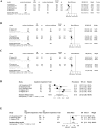
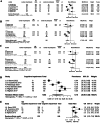
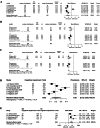
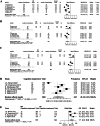
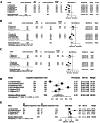
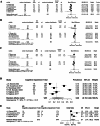
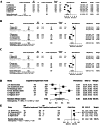
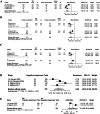
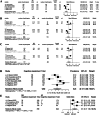
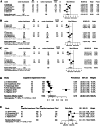
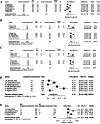
References
Publication types
MeSH terms
LinkOut - more resources
Full Text Sources
Medical
Miscellaneous

